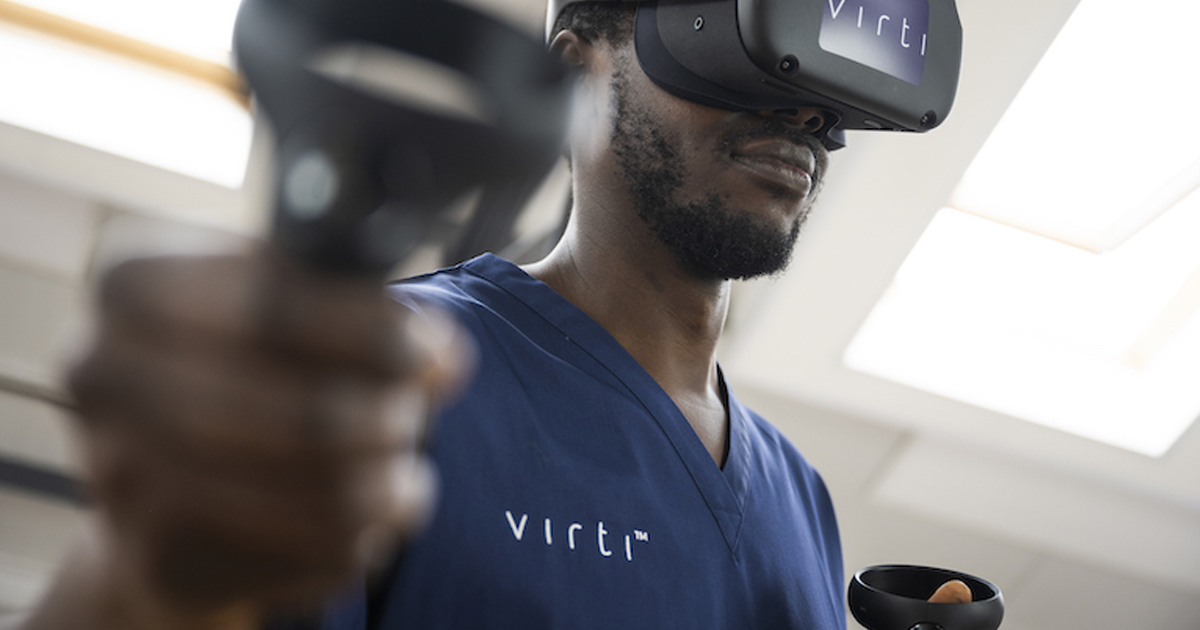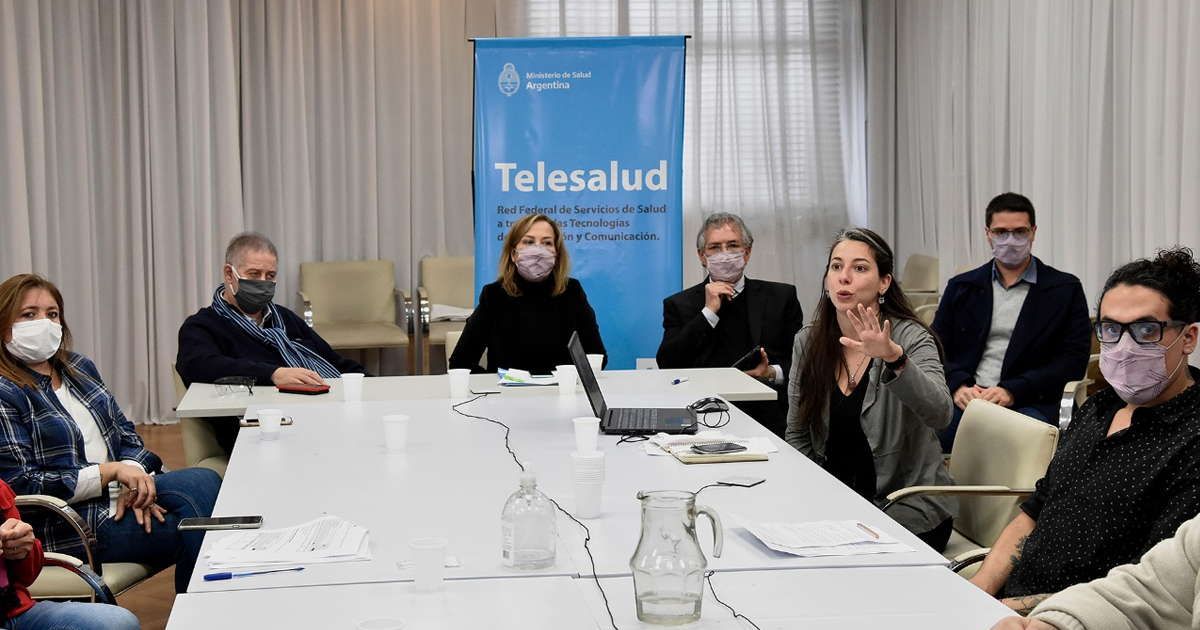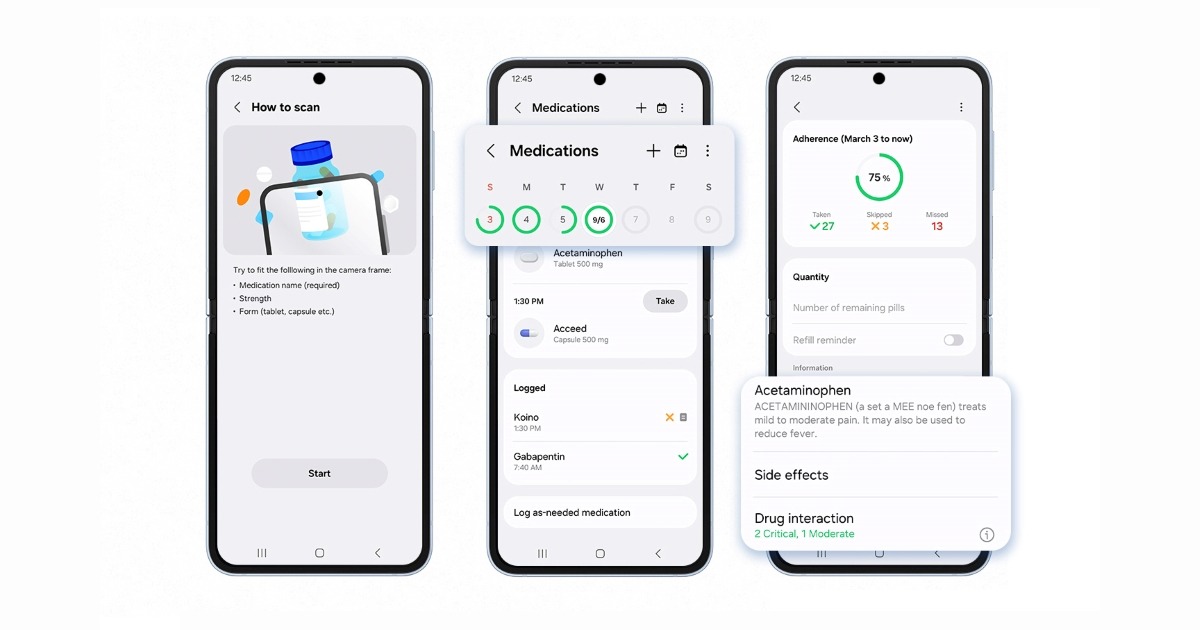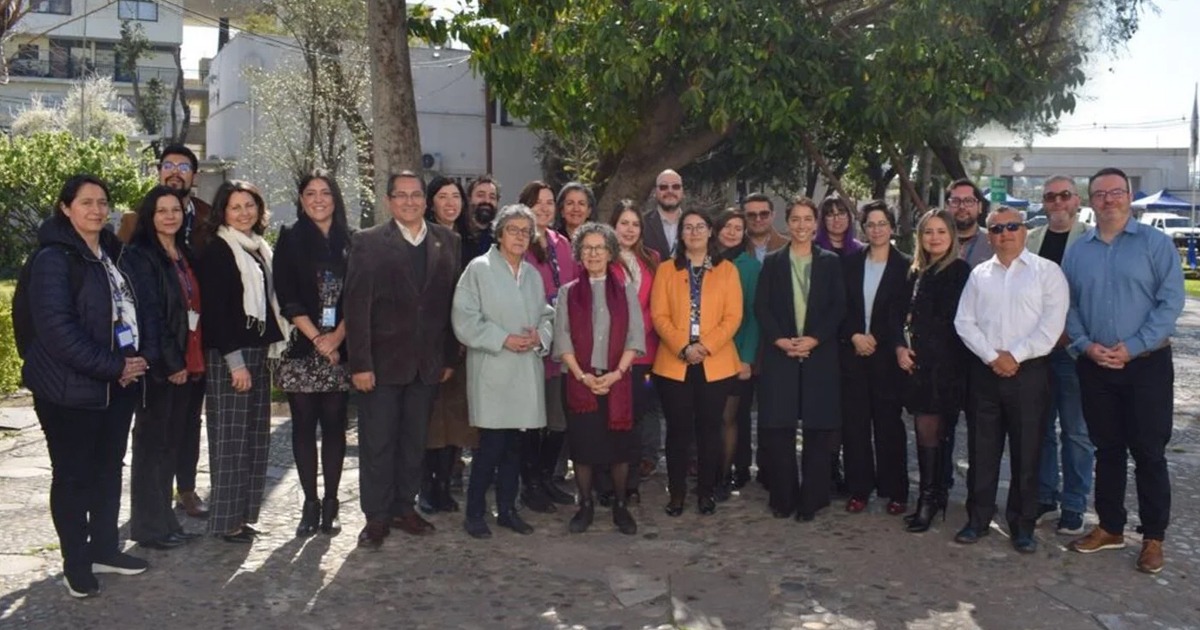In the United Kingdom, they have developed technology based on Artificial Intelligence, augmented reality and virtual reality, to improve the skills of medical students and medical staff in a safe environment, during the pandemic. It has already been used to train medical professionals in U.S. and U.K. hospitals.
Virtual training techniques are a reality. Virti is a case in point. Through Artificial Intelligence, this mixed reality (VR and AR) training tool was developed. One of the main features of this technology is that it includes an environment designed by simulation experts, through immersive training, users get involved and conclude an effective training, even remotely.

In addition, the corresponding training program responds to the needs of the medical center or institution conducting the training: “Bespoke training content meeting your organisational goals can be deployed at scale with a focus on infrequent, high-risk clinical events together with soft-skills training for health professionals at all stages.”
This tool seeks to train professionals in a high-pressure environment in controlled settings. “Medical error is a leading cause of death globally with underprepared health professionals more prone to burn out. We help reduce variability and increase access to training to improve performance and patient safety,” they explain on the official site.
The importance of this kind of technology is that it reduces time and costs in face-to-face training of professionals, an ideal scenario for the current situation resulting from the pandemic. It is also possible to implement it on a large scale to a significant number of employees. In addition, it aims to reinforce the commitment of physicians when faced with adverse scenarios.
This technology is part of the AHSN Network of the NSH Innovation Accelerator. It has therefore been applied in NHS hospitals in Bristol. It has also been applied at the Health Education Center at the University of Texas Medical Branch to facilitate student internships.





